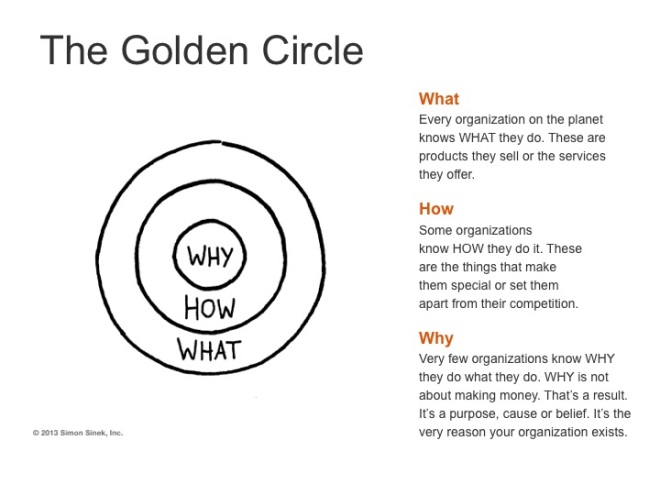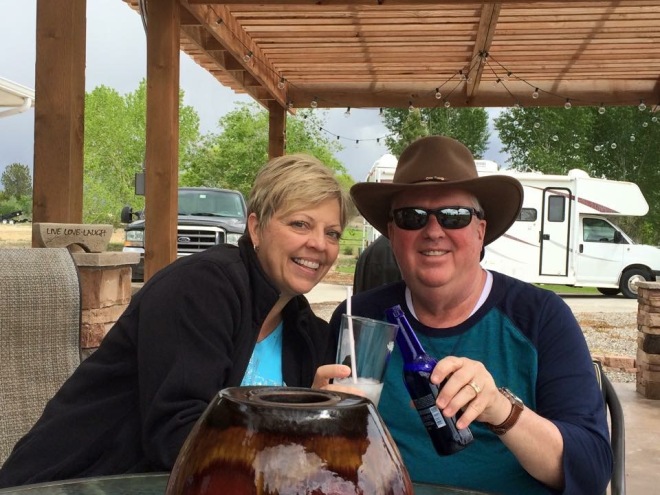We are inundated every day with more news and discussion regarding the current opioid crisis. I have been practicing medicine for over 31 years after residency and have seen first-hand how this issue has been dealt with, good and bad. For a full decade during the 1990’s, I was the chairperson for the Pharmacy and Therapeutics Committee for St. David’s Medical Center in Austin, Texas. The evaluation of pain was then defined as the “fifth vital sign”, along with blood pressure, pulse, temperature, and weight, and a large portion of our monthly meeting agenda dealt with how pain was being treated in our center. The Joint Commission for the Accreditation of Hospitals elevated this issue to one of their key measures for which they would evaluate hospitals. We were taught that, as physicians, we were grossly undervaluing a patient’s pain, along with under-treating it. Part of this teaching included the “fact” that patients in pain could not get addicted to narcotics; only if a patient took narcotics when they were not in pain. Many in the general public fail to understand the pressure that doctors were put under during this time to dispense pain medication, and to do so liberally. Failure to treat pain appropriately could have led to licensing ramifications for doctors and accreditation ramifications for hospitals. Unfortunately, studies now show that one exposure to a narcotic, one dose, could lead someone to become addicted.
A large number of the phone calls and prescription refill requests my office would receive daily when I was in OB/Gyn office practice (I would venture to say the majority of calls) were for narcotics and/or controlled substances such as Xanax (an addictive benzodiazepine medication). Patients would show up at the office holding a prescription bottle that had been “chewed” by their dog, with the story that the pet had eaten all of the pills. Some stories were that the pain medication was left behind at the hotel on a trip, someone threw them away by accident, they got accidently flushed down the toilet by someone, they were stolen out of the medicine cabinet…the list of examples seemed endless. As the prescribing doctor, I felt guilty saying no to anyone who wanted their endless supply of narcotics to continue.
Then came the story about the actor, Heath Ledger, who died from an overdose of narcotics. I vividly recall the accounts of his death and specifically about the number of medicine vials that were found under his bed that came from numerous prescribers. The weight of this tragic incidence being relayed was not on Mr. Ledger’s use and apparent “doctor shopping” for narcotics but rather all of the bad doctors who gave him the medication. I decided to severely restrict my prescribing of pain medication at that time because I certainly did not want to take on the onus of being the cause of a patient’s death from overdose. We now know, due to this crisis, that doctors have been the biggest part of the problem by being the major supply channel to the use of drugs of addiction.
Philip Yancey, the author of the book Where is God When It Hurts? (Zondervan 1977, 1990) took on the issue of pain, and asked questions that centered around how a loving God could allow there to be pain and suffering in the world. He illustrated the life and practice of Dr. Paul Brand, a renowned hand surgeon from the United Kingdom, who performed many years of work on patients who had Hansen’s Disease (leprosy) in the form of tendon transfers and other hand surgeries to restore function to those who could no longer use their hands due to the effects of the disease. Hansen’s disease, or leprosy, is caused by an infection from a particular bacterium that causes the loss of painful stimuli, particularly in the hands and feet, leaving its victims prone to injury. For example, a patient might touch a hot stove and not perceive that it is hot and thereby sustain a thermal injury that could progress to loss of a digit. In addition, patients with leprosy must wear special shoes that are padded and cushioned in such a way that undue pressure and possible loss of circulation can be avoided; such pressure and circulation loss would lead to compromise of blood flow that would go undetected by the patient due to their bacteria-caused “anesthesia”. Pain, therefore, is extremely important to leading a healthier life since not having the ability to feel it would essentially be “hell on earth”. After reading this book, I came away (as have many others) with a more profound appreciation for the role pain plays in each of our lives.
That being said, I am the biggest wuss there is when I experience pain. I have had 12 kidney stones in my past, and each and every time I have not been a “happy camper”! I have no desire to experience pain in any shape or form. I have always told my obstetric patients that, if I were ever able to become pregnant, I would have my epidural placed during the first trimester, “duct-taped to my back”, just in case! Yet I think many agree that addictions occur when persons are attempting to self-treat their pain, and do not know where to turn.
Dr. M. Scott Peck in his book The Road Less Travelled (Simon and Schuster, 1978) talked about how much courage it takes for anyone to submit to therapy and/or help of any kind. It always seems easier to try to treat pain by covering it up, medicating it, doing everything possible to avoid confronting it. Yet many hypothesize (and I agree with them) that true healing can only take place when the cause of pain can be confronted directly. An example in the physical body would be an abscess. I would much rather take an antibiotic “pill” than undergo a surgical drainage. However, incision and drainage exposes the infected area to air, which in and of itself is mostly curative. “Exposing” our painful past with the help of our loved ones, our pastors, and our trusted practioners and guides, going down the “less-travelled” road to healing, will be the ultimate antidote to the opioid crisis.






